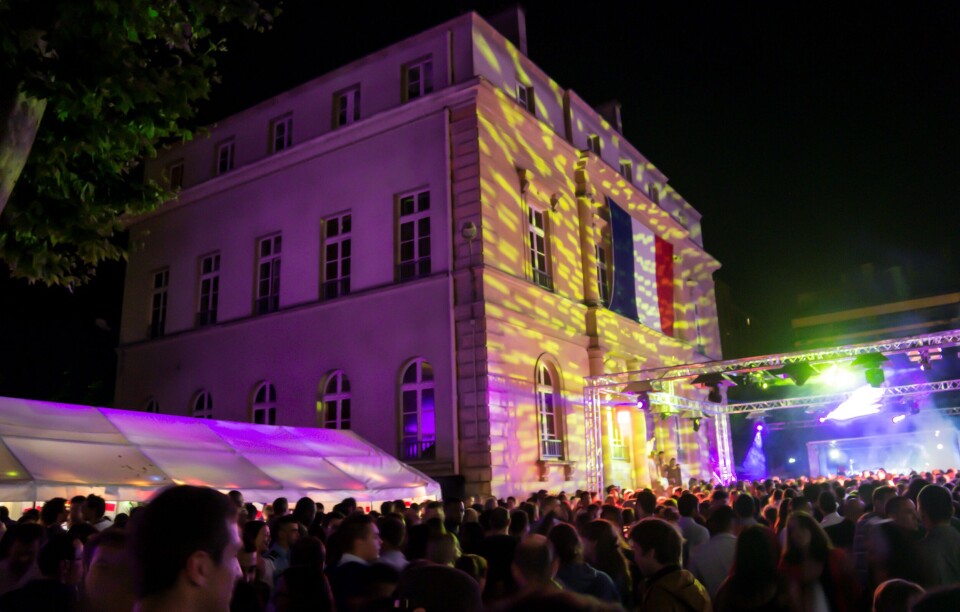-
How many Americans live in Paris - and where else are they choosing in France?
Over a quarter of all US nationals in France live in the capital city
-
Price rises for Netflix in France
The Standard (with ads) and Premium packages are increasing by €24 a year
-
Leclerc supermarkets to sell car fuel at cost price for Easter
The initiative will apply to diesel, petrol, and LPG
What is the origin of France's July 14 bal des pompiers?
Parties at fire stations are a long-standing tradition in France that officially began in 1937 when a group of people followed firefighters back from a fête nationale parade

One typically French institution that is celebrated every year on the July 14 fête nationale is the bal des pompiers – the firefighters’ ball.
July 14, or Bastille Day, marks the storming of the Bastille prison in Paris in 1789, one of the first stirrings of the Revolution which led to the end of the absolute monarchy and the beginning of the Republic.
But what is this origin of this dance tradition and why is the fire service involved?
The tradition may stretch back to the early 19th century, according to one pompier's site, which identifies occasional parties at fire stations linked to a decision by Napoleon to have a festival marking his birthday.
However the official version is that the first real ‘bal des pompiers’ was in 1937, connected to the fête nationale.
According to the Ministry of Defence website, it took place in the Parisian district of Montmartre when members of the public started following a group of firefighters on their way back to their fire station from a July 14 military parade.
One fireman asked his superiors if they could show the public around the fire station.
It was such a success that it caught on as a tradition in local stations and then nationwide, originally with displays of gymnastic prowess and firefighting simulations – and then with the addition of more entertainment such as a bar for drinks, feux de bengale (a brightly flaming stick) and dancing.
With the exception of World War Two and disruptions due to Covid, the tradition continues every year with music and dancing until the end of the night.
The dances are often inside the fire station itself or in the courtyard.
French expression: Mener le bal
Here is one French expression using the word bal – ball, though not necessarily related to tonight’s dances.
It literally means ‘direct the dance’ and is now often used in other contexts to mean ‘to run the show’.
Related stories
Video: French cadet proposes to girlfriend during July 14 Paris parade
What’s coming up? The week ahead in France
























